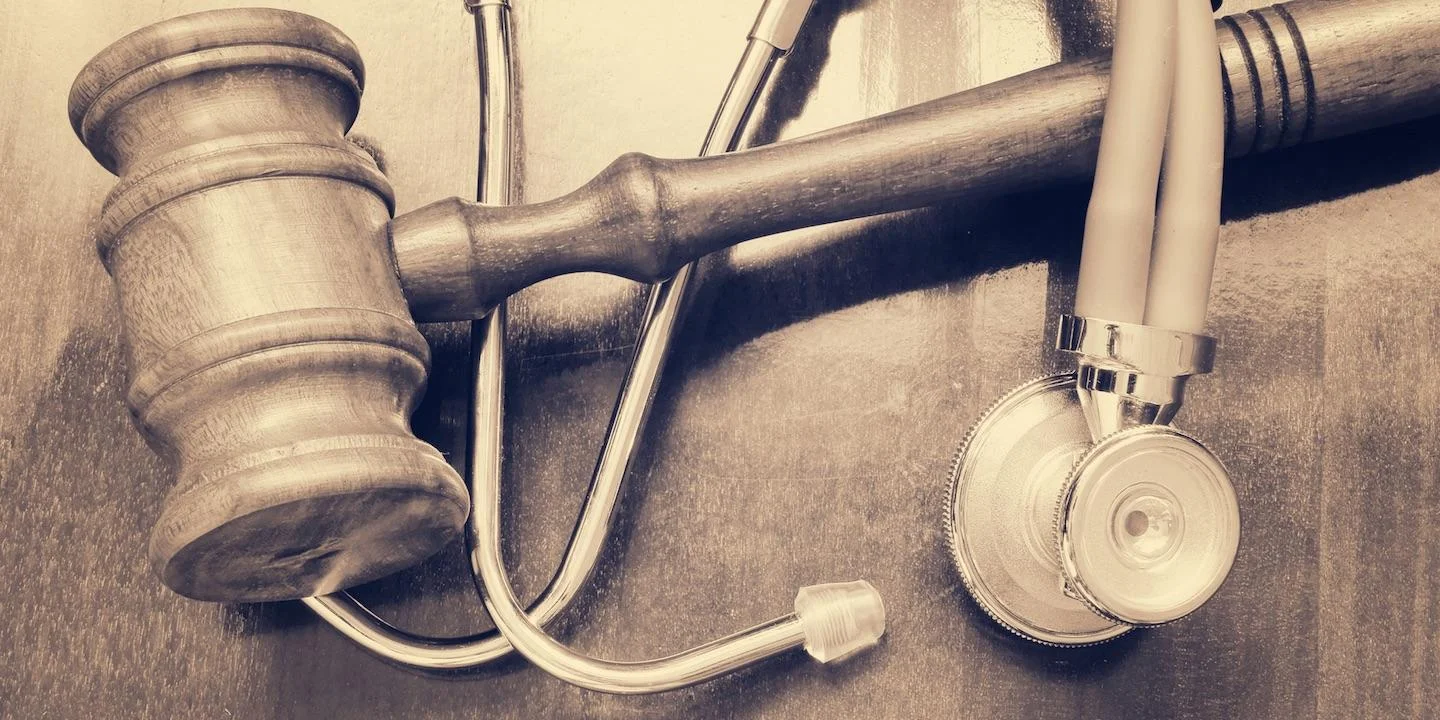PHILADEPHIA -- A jury has ordered Johnson & Johnson's (J&J) Janssen Pharmaceuticals unit to pay $70 million in compensatory damages to a 16-year-old Tennessee male who has developed large breasts as a result of being prescribed and ingesting the drug Risperdal.
The award, which includes damages for emotional stress, is 30 times larger than the $2.5 million a jury in 2015 ordered J&J to pay to an Alabama man who had taken Risperdal and grown size 46-DD breasts.
The decision, the largest yet in a Risperdal lawsuit, marks the fifth time Philadelphia juries have concluded that J&J failed to properly warn doctors and patients that male users could grow large female-like breasts – gynecomastia in medical terms – as a result of taking the drug. The drug is prescribed to children, the young and the elderly who are suffering from what are considered abnormal psychological problems.
The 16-year-old Tennessee resident recounted that he began taking Risperdal at age five to treat a psychiatric disorder. He said his parents never received any warning regarding the risk of it causing gynecomastia. His attorneys also claimed J&J's Janssen unit manipulated data from studies that showed Risperdal was linked to a hormonal disorder, so doctors would continue to prescribe the drug to young male patients.
Janssen intends to appeal the ruling.
“We believe this verdict is not justified by the evidence, and that the award is clearly excessive and far out of line with any factual assessment of actual damages,” company spokeswoman Kristina Chang said in a statement.
J&J still faces approximately 1,500 similar lawsuits in Philadelphia's state court. In 2013, the company agreed to pay $2.2 billion to settle criminal and civil cases in which it was alleged J&J illegally marketed Risperdal to children and the elderly. That settlement, which included two other J&J drugs, was one of the largest health-fraud penalties in U.S. legal history.
¨Juries are making a statement, a strong one, when they award plaintiffs penalties of this magnitude,¨ Sarasota attorney M. David Shapiro told the Florida Record. ¨Whenever you see verdicts of this size, chances are the pharmaceutical companies, in this specific instance, were aware of the side effects but simply chose not to disclose them, or not to make an honest and genuine effort to do so.¨
Shapiro has not handled any lawsuits involving Risperdal, but said there have been similar cases tried in Florida.
Plaintiff attorneys in Risperdal lawsuits aren't jumping on the bandwagon and filing numerous lawsuits that wind up being thrown out of court, Shapiro said. If anything, the extent victims suffer in this and other such cases tends to be minimized in the press, he added.
¨If you take the time to actually read the transcript, it's clear that this boy and his family have suffered substantial trauma as a result of Risperdal's side effects," Shaprio said. "Juries don't look kindly on frivolous allegations or requests for damages that appear to be way out of line with the actual damage done."
Juries tend to be lenient with companies and forgive those that make honest mistakes and "come clean," according to Shapiro.
"On the other hand, they tend to take a hard line in cases such as this," he said. "It's clear to me that they felt that this young man and his family suffered greatly and that something egregious had taken place, something that could have been avoided if the company had acted more responsibly."
That viewpoint drives up the amount of damages, he said.
¨In such cases, juries want to make a statement and punish companies that show a blatant disregard for the health and safety of their customers and the public," he said.
